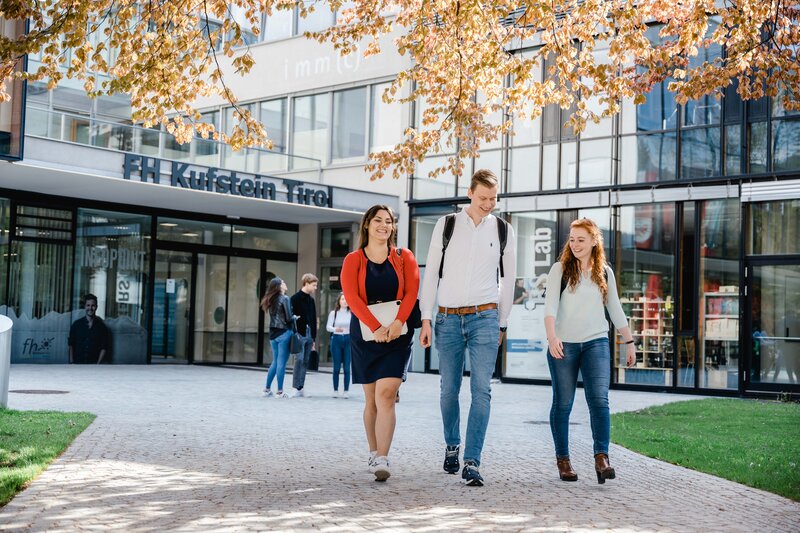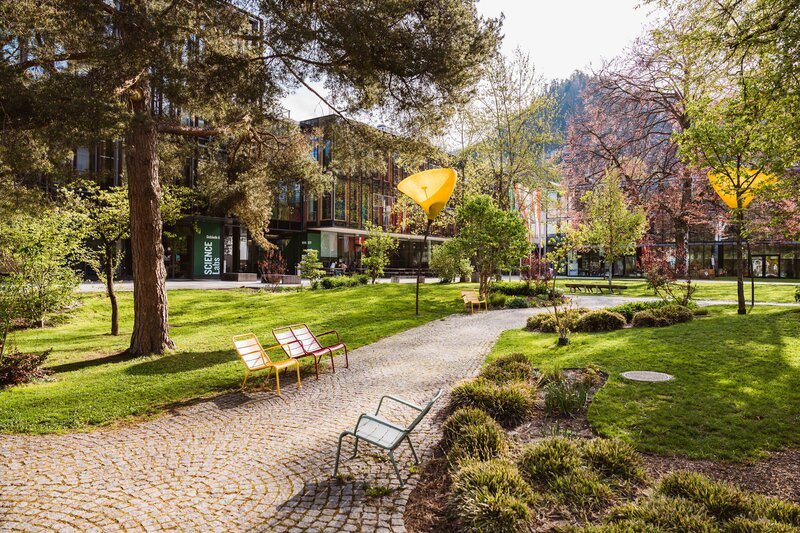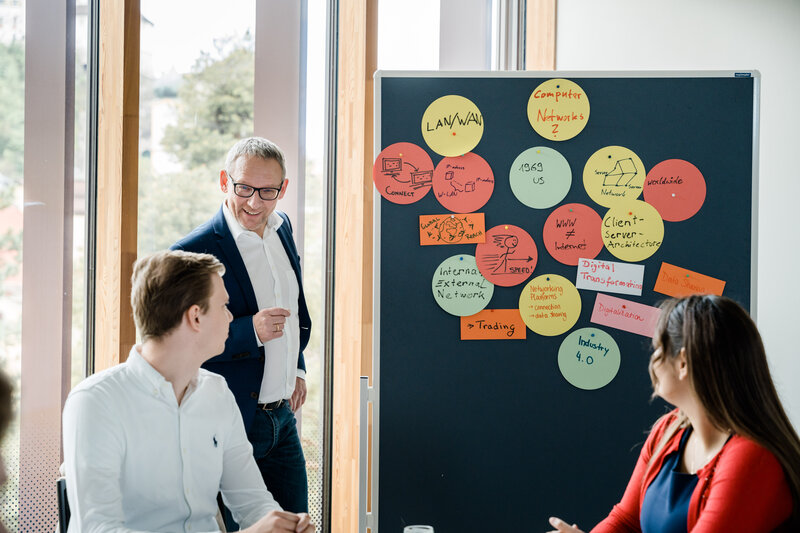
Circular Economy Manager
Overview
-
Location:
Kufstein
-
Duration:
4,5 Tage
-
Language:
100 % Deutsch -
Academic Program:
Attendance
-
Certificate:
Certified Circular Economy Manager
-
Price:
Euro 2.400,- -
Start:
Registrations accepted on an ongoing basis. — to Dates & Times
Course with creditable micro-credentials (MC)
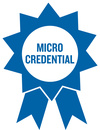
PROFILE OF THE COURSE
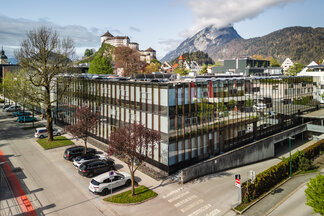


Participants will gain an in-depth understanding of the circular economy and practical implementation options.
The aim is to enable participants to understand the requirements of the circular economy, plan their implementation and develop suitable business models. Theoretical knowledge is combined with practical exercises and case studies in three modules that build on each other. Upon completion, participants will be able to analyze complex challenges and develop sustainable business models.
Benefits
- Comprehensive understanding of the circular economy
- Practical implementation options
- Development of suitable business models
- Cross-industry application
- innovative tools and concepts
- Knowledge that can be put directly into practice
- Ability to analyze complex challenges
Benefits for your Company
-
Experts for circular economy in your own company
-
Effective implementation of circular economy principles
-
Development of innovative business models
-
Strengthening partnerships
Program
Circular Economy Manager
Module
Modul 1: Circular economy and sustainability
- In Module 1, participants are given an overview of the concepts of sustainability and the circular economy.
- You will learn how these concepts can help address the environmental, economic and social challenges of our current system. You will understand the definition and core principles of the circular economy, which aim to eliminate waste, keep resources in circulation and regenerate nature.
- They recognize the most important factors that enable the successful implementation of the circular economy, such as innovative business models, sustainable product design, collaborative networks and supportive framework conditions.
- You will also be familiarized with the current state of the circular economy, including the requirements for taxonomy, standards and accounting, as well as material and resource flows and the latest scientific findings.
Modul 2: Business models and transformation processes
- Module 2 teaches participants how to apply the circular economy in different areas.
- They learn how to use circular approaches such as circular thinking, product design and business models to improve the life cycle assessment of their products and optimize their value chains.
- They also learn how to design transformation processes and applications to integrate the circular economy into their own businesses.
Modul 3: Visions, trends and developments
- In Module 3, participants learn about the importance of networks and collaborations and can identify potential partnerships.
- They are familiarized with current research trends and innovation potential.
- They also develop the ability to recognize opportunities and challenges in the circular economy and identify strategic approaches for a sustainable future.
Dates & Times
Module I:
- 04. & 05.10.2024
09.00 – 17.30 h
Module II:
- 18. & 19.10.2024
09.00 – 17.30 h
Module III:
- 15.11.2024
09.00 – 17.30 h
The lectures take place on site at the FH Kufstein Tirol.
Didactic Concept
The course is characterized by intensive and personal support throughout its duration. Participants are in close contact with the academic director and also with other participants through group work.
Together with a blended learning model - i.e. a virtual seminar room and compact attendance units - a good compatibility of the university course with professional activity is guaranteed.
Target Group
This program provides customized training for:
-
CEO of SMEs
-
Sustainability officers and sustainability managers
-
Product and innovation managers
-
People with a general interest in the topic
Entry Requirements
You meet the following requirements:
-
Recognized university degree (at least Bachelor's level)
-
If none of the above-mentioned additional requirements entitle the participant to participate, the course management may decide on participation in individual cases if the requirements are adequate
-
At least two years of relevant professional experience (e.g. in the areas of sustainability, product development, innovation management) in an appropriate position
Certificate
The overall assessment of learning performance in the CEM course is based on a presentation by the participants to a selected jury at the end of the course.
Team
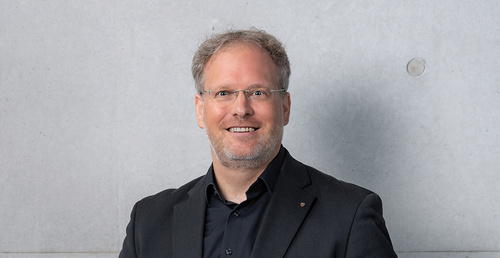
Asc. Prof. (FH) Dipl.-Ing. Christian Huber
Scientific Director
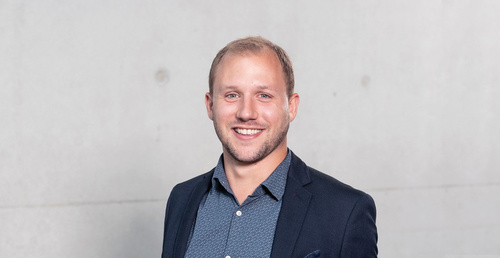
Georg Greiderer
Office Management
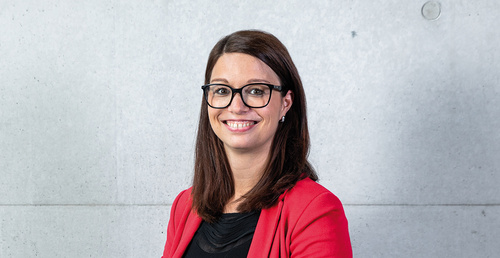
Daniela Stöckl
Office Management


